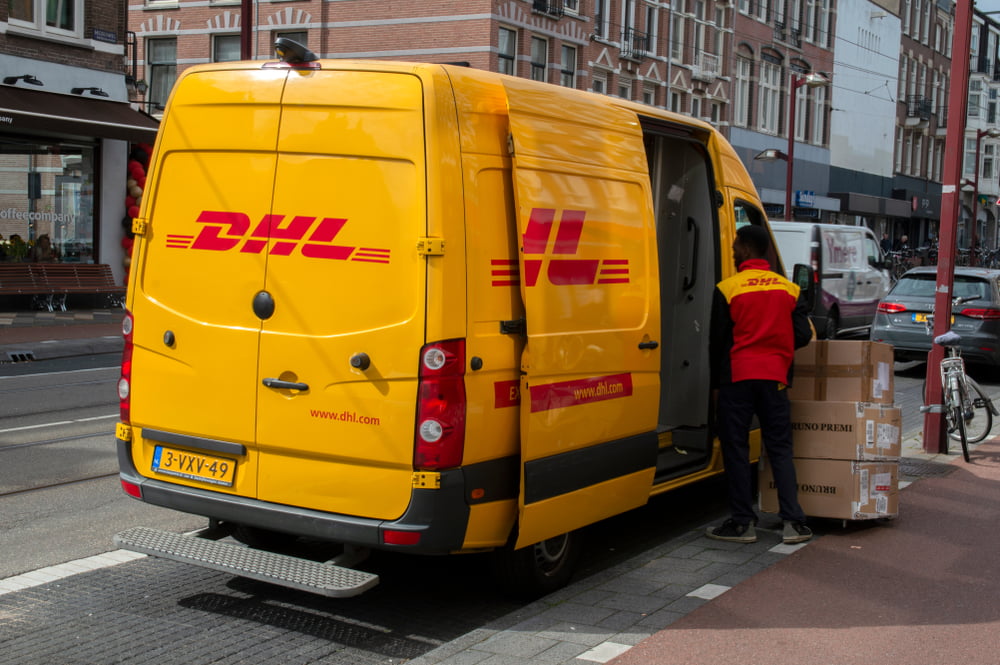That is about the least you can say after the announcement of outgoing Infrastructure Minister Mark Harbers. The Public Prosecution Service has decided to extend the current exemption scheme, which makes it possible to drive heavier electric vans with a B driving license, only until July 1, 2024.
the recent decision The Public Prosecution Service's decision to extend the current exemption scheme for driving heavy electric vans with a B driving license only until July 1, 2024 has caused a stir in the Dutch mobility sector. This decision, which has a direct impact on zero-emission logistics, is widely seen as a threat to progress towards sustainable and liveable cities.
Under the current regulations, drivers with a B driving license are allowed to drive electric vans up to 4.250 kg, an exemption for the C driving license. This arrangement is important to compensate for the extra weight of the batteries without losing charging power. There are fears that this change will undermine sustainable logistics efforts and reduce efficiency, especially in city centers and shopping areas.
This decision has caused great concern among various organizations, such as Transport & Logistiek Nederland (TLN), Royal RAI Association, evofenedex, VNA, BOVAG, Bouwend Nederland, Techniek Nederland, INretail, VNO-NCW and MKB-Nederland. They consider the period too short and unacceptable, especially because many drivers do not have a large driving license.
“There was a pilot that did not show that this type of van would be less safe. Moreover, these vehicles are all permitted by the RDW. Since when is it the Public Prosecution Service that determines whether something is safe or unsafe? This is a bit like the world turned upside down!”
Elisabeth Post, chairman of Transport and Logistics Netherlands (TLN)
Post emphasizes that the safety of electric vans is not at risk, given previous pilots and RDW approvals. The sector is calling for an extension of the scheme until at least January 1, 2025 to implement the necessary legislative adjustments.

“A company like DHL can literally park an investment of 40 million euros along the road and not just us. But even more disappointing is that the government is directly thwarting the energy transition of the sector. The government that first called on us to make this investment is now de facto locking up those same buses.”
Roelof Hofman, COO at DHL
This decision also affects major players such as DHL, which have invested significantly in electric delivery vans. They may now see their investments and efforts for the energy transition frustrated. Roelof Hofman, COO at DHL, expresses his disappointment at the possibility of a large part of their electric fleet remaining unused.
There is a significant shortage of drivers with a C driving license, which poses an additional challenge for companies that have invested in electric vans. Various industry organizations are now making an urgent appeal to the new House of Representatives to intervene and support the transition to sustainable, electric vehicles. They hope for a flexible extension of the tolerance scheme until new legislation comes into effect.




